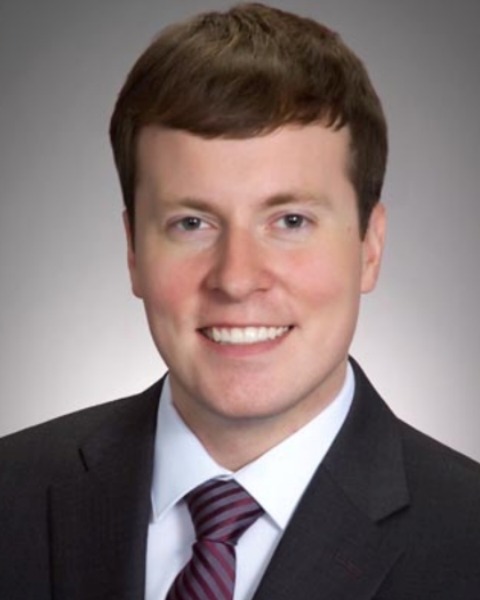Young Neurosurgeon Research Forum
Young Neurosurgeon Research Forum
(YNRF) Robert Florin, MD Resident Award (2023 Award Winner): Perception and Representation of LGBTQ+ Individuals in Neurosurgical Training
Friday, April 21, 2023
2:35pm - 2:42pm PST
Location: Los Angeles Convention Center, 406AB

Joseph P. Menousek, MD (he/him/his)
Resident Physician
University of Nebraska Medical Center
Omaha, Nebraska, United States
Presenting Author(s)
Disclosure(s):
Joseph P. Menousek, MD: No financial relationships to disclose
Introduction: Increasing diversity in neurosurgery has evolved into a more prioritized initiative in recent years. Efforts to increase fairness and equality in the workplace have been noted across multiple fields, yet a disparity still exists in medicine amongst several minority populations. Thus far, there is no known data published concerning LGBTQ+ representation in the neurosurgical field. The aim of this study is to gauge both the current social climate in neurosurgical residency training and attitudes regarding sexual orientation and gender identity.
Methods: We conducted a cross-sectional study through a 21-question questionnaire distributed to all U.S. neurosurgical residency programs. These questions were directed toward all neurosurgery residents in any stage of their residency training, regardless of sexual orientation or gender identity. Answers were collected in the REDCap database and analyzed with the assistance of the College of Public Health.
Results: A total of 107 responses were obtained. 17 residents (15.9%) identified as being an LGBTQ+ individual. 13.1% of current residents were concerned about how their sexual orientation would be perceived while applying to programs, and 47.1% endorsed purposefully concealing sexual orientation at work for fear of rejection or reprisal. 56.6% of those surveyed have witnessed homophobic/transphobic remarks by patients while at work. Five LGBTQ+ individuals state they are uncomfortable being open with their sexual orientation while at work, and three LGBTQ+ individuals endorse being the target of direct homophobic/transphobic comments while at work.
Conclusion : This is the first study to our knowledge that has been conducted assessing the presence, perception, and treatment of LGBTQ+ trainees in neurosurgical residency. Further analysis is ongoing to maximize the data obtained by this survey. Whilst the treatment of LGBTQ+ individuals in the U.S. appears to be improving, continued efforts to obtain workplace respect and equality in this population is imperative for creating an accepting atmosphere and achieving social justice.
Methods: We conducted a cross-sectional study through a 21-question questionnaire distributed to all U.S. neurosurgical residency programs. These questions were directed toward all neurosurgery residents in any stage of their residency training, regardless of sexual orientation or gender identity. Answers were collected in the REDCap database and analyzed with the assistance of the College of Public Health.
Results: A total of 107 responses were obtained. 17 residents (15.9%) identified as being an LGBTQ+ individual. 13.1% of current residents were concerned about how their sexual orientation would be perceived while applying to programs, and 47.1% endorsed purposefully concealing sexual orientation at work for fear of rejection or reprisal. 56.6% of those surveyed have witnessed homophobic/transphobic remarks by patients while at work. Five LGBTQ+ individuals state they are uncomfortable being open with their sexual orientation while at work, and three LGBTQ+ individuals endorse being the target of direct homophobic/transphobic comments while at work.
Conclusion : This is the first study to our knowledge that has been conducted assessing the presence, perception, and treatment of LGBTQ+ trainees in neurosurgical residency. Further analysis is ongoing to maximize the data obtained by this survey. Whilst the treatment of LGBTQ+ individuals in the U.S. appears to be improving, continued efforts to obtain workplace respect and equality in this population is imperative for creating an accepting atmosphere and achieving social justice.
